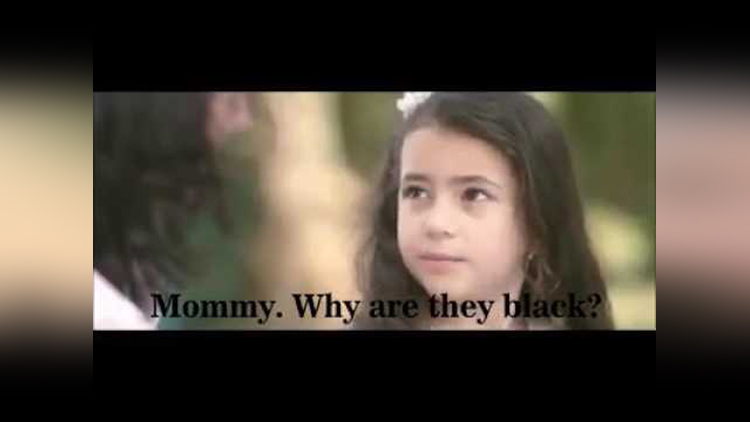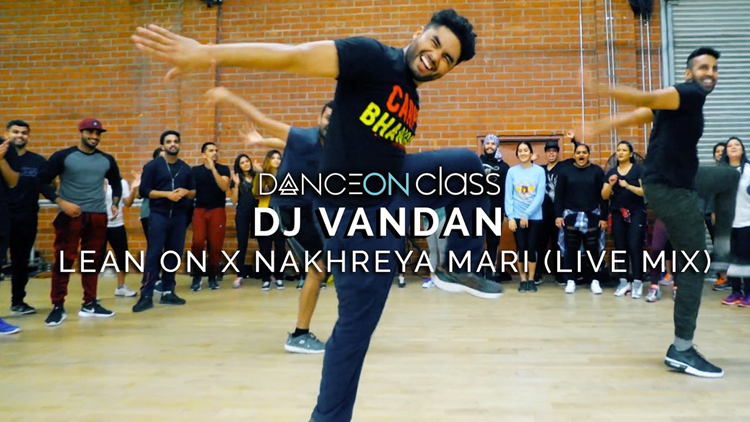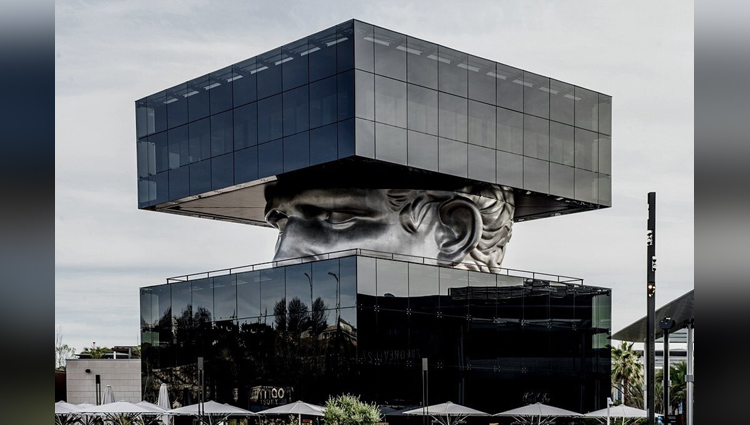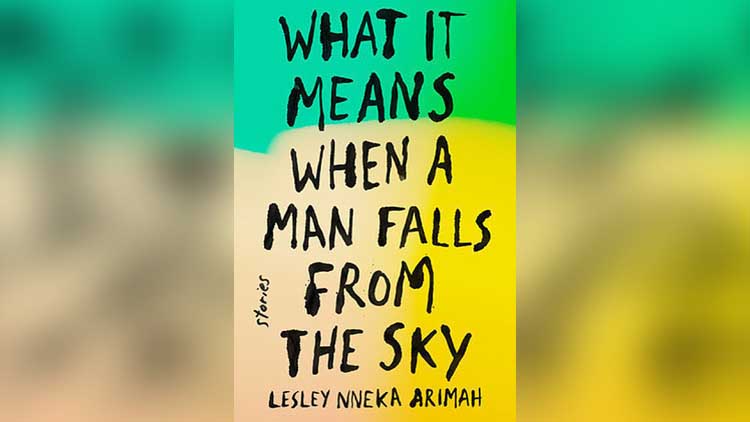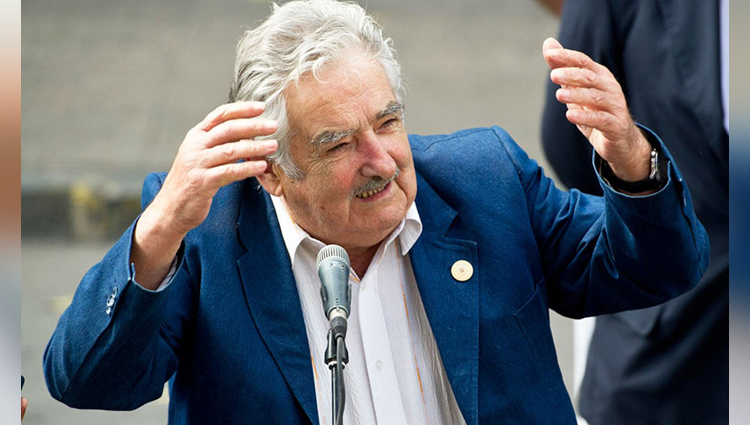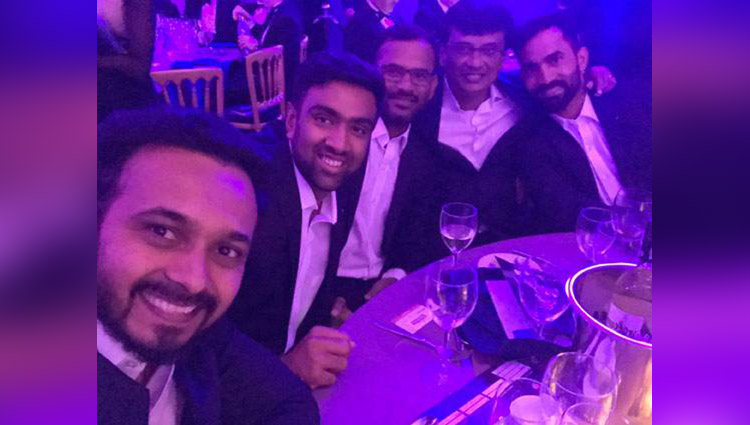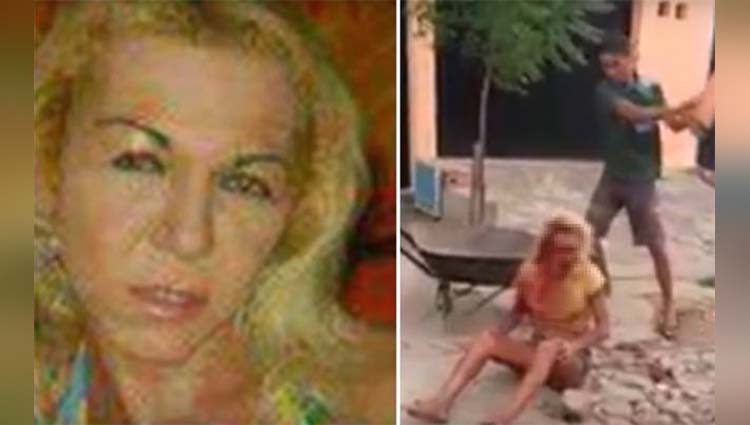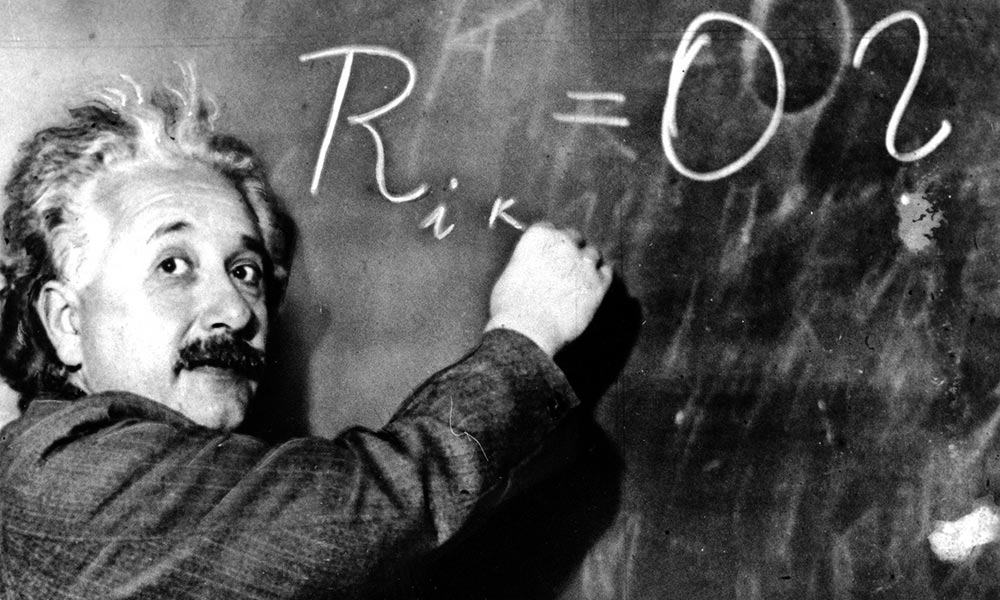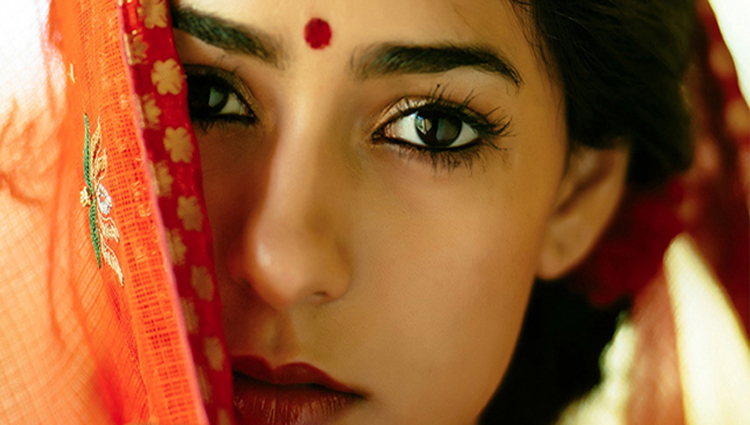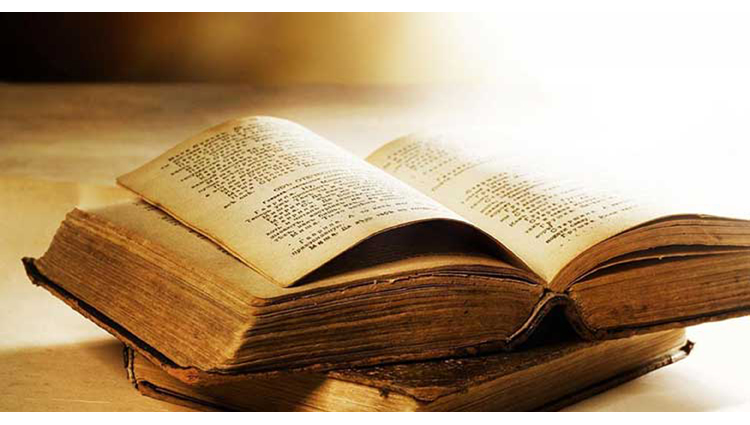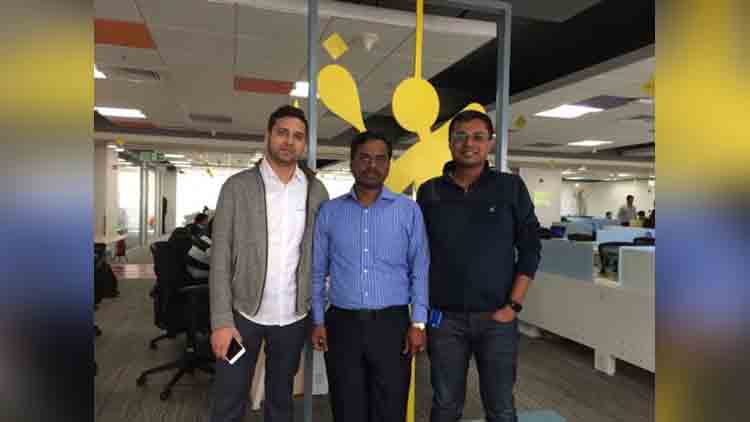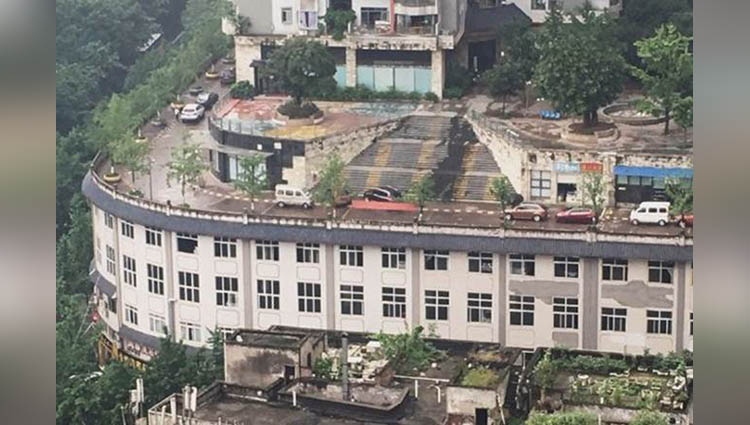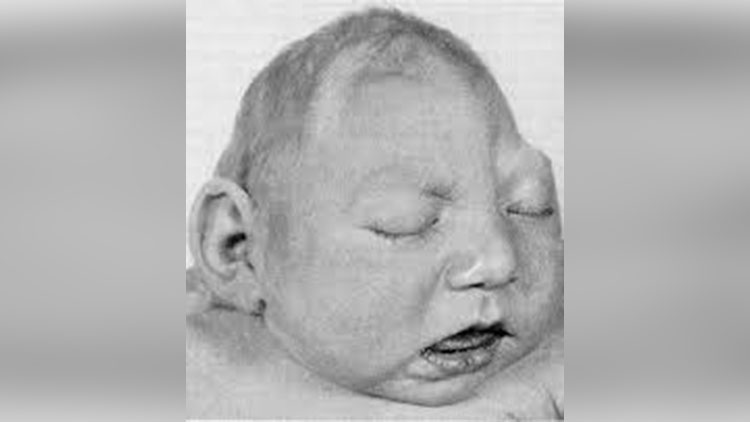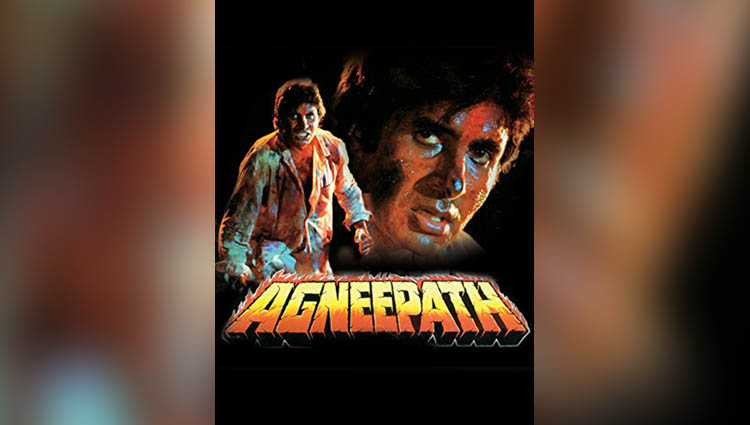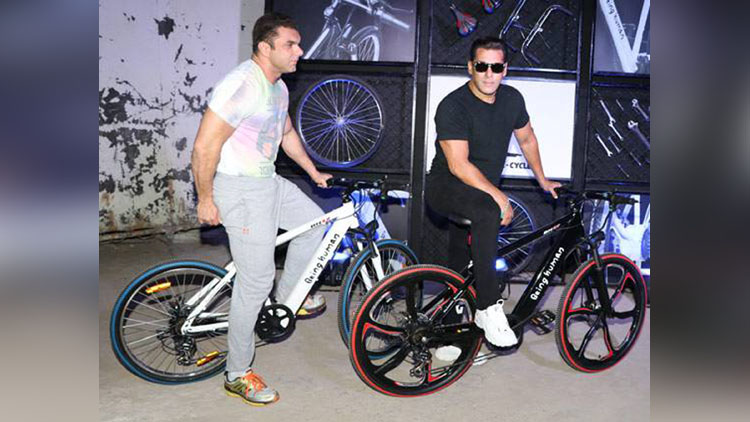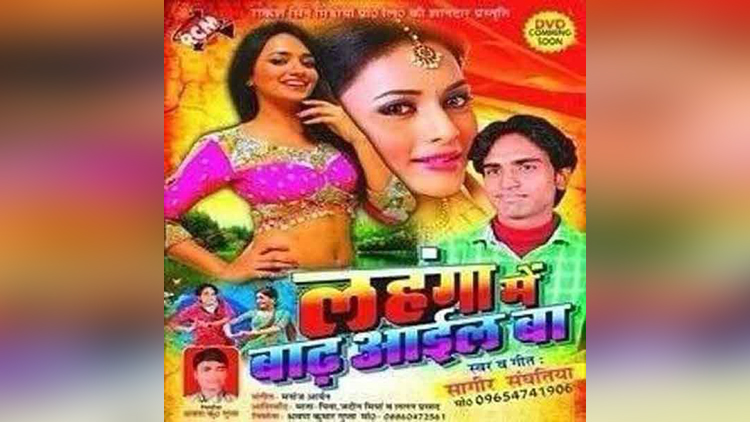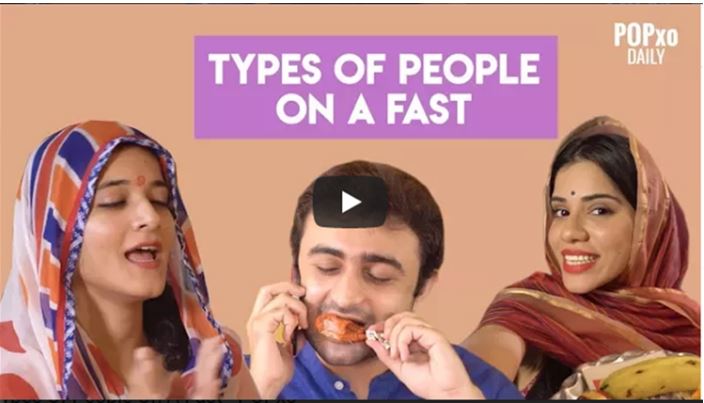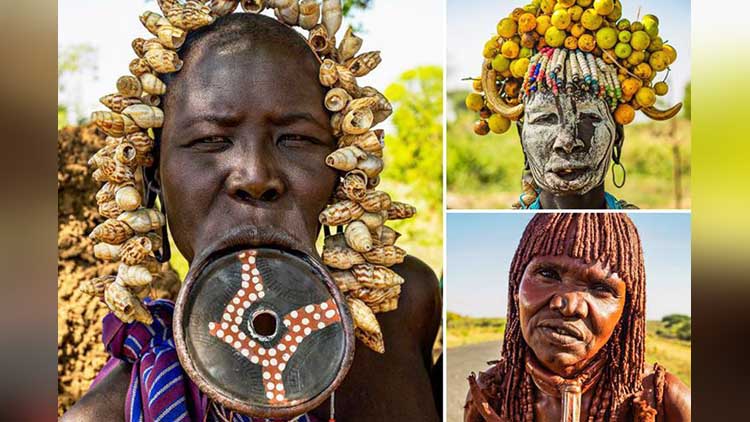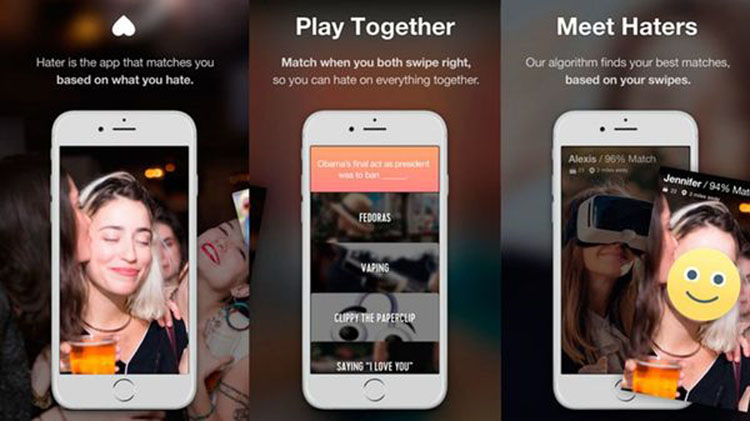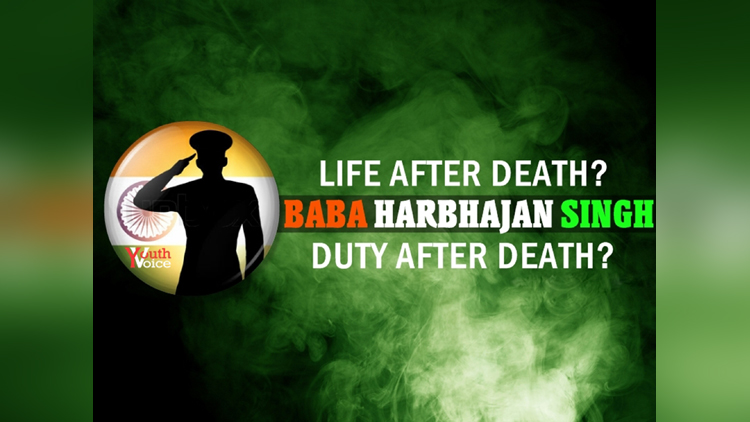Why Ravan Is Not Burnt At These Places On Dussehra?
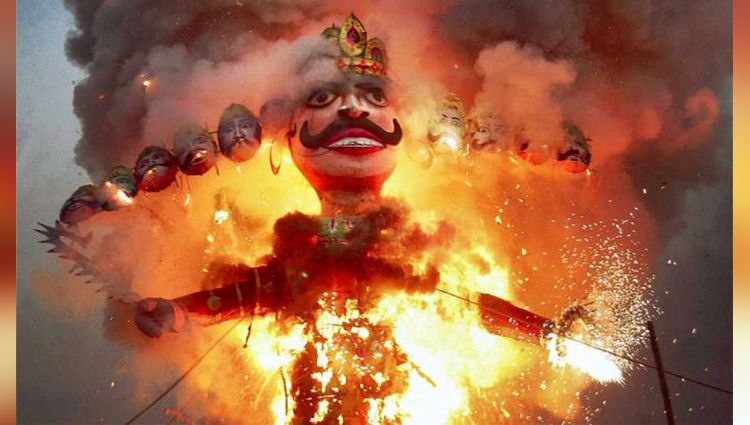
Navaratri's last day will be on September 29 and after this, the festival of Dussehra will be celebrated on 30th September. On this day Lord Ram defeated Ravana in the war and killed him and conquered Lanka, due to this reason the festival of Vijaya Dashmi is celebrated on this day.
Lord Rama is worshiped throughout the country on the day of Dussehra and the effigy of Ravana is burnt as a symbol, but there are many such places in the country where there is a worship of Ravan, not Rama on the day of Dussehra. Let's know why the Ravan is worshiped at these places?
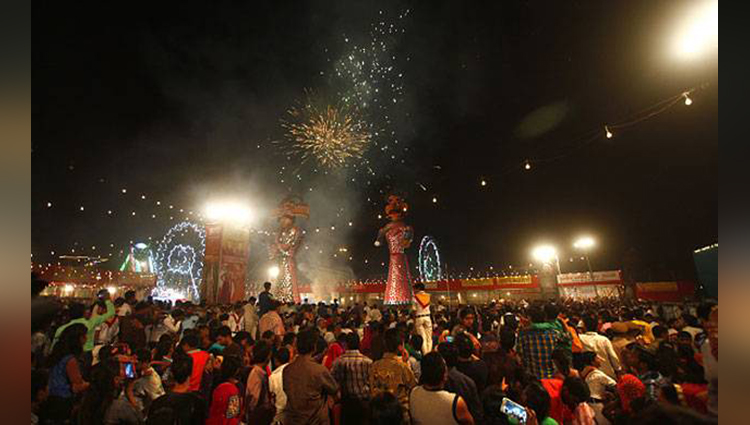
Mandsaur, Madhya Pradesh:
Ravan is worshiped at Mandsaur in Madhya Pradesh. The old name of Mandsaur was Daspur, the place from where Ravan's wife Mandodari came, hence the place was named Mandsaur. Due to the in-laws of Ravana, the people don't burn the effigy of Ravan.
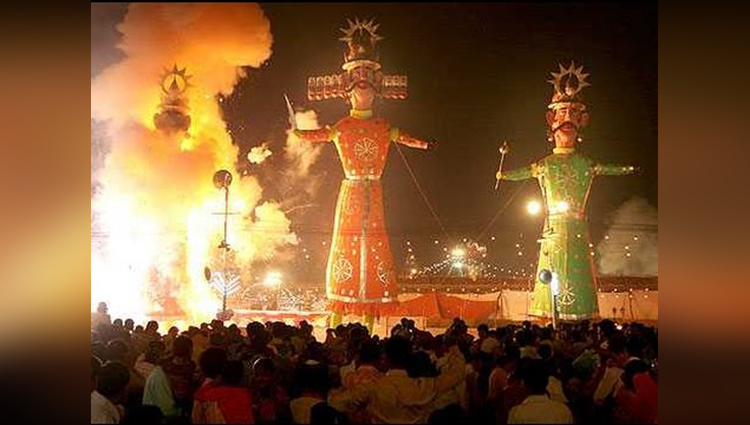
Bisarakh, Uttar Pradesh
Ravana is worshiped in village Bisarakh in Uttar Pradesh. This village is considered to be the Nanihal of Ravana. Ravan's father, Visheshra, was named after him.
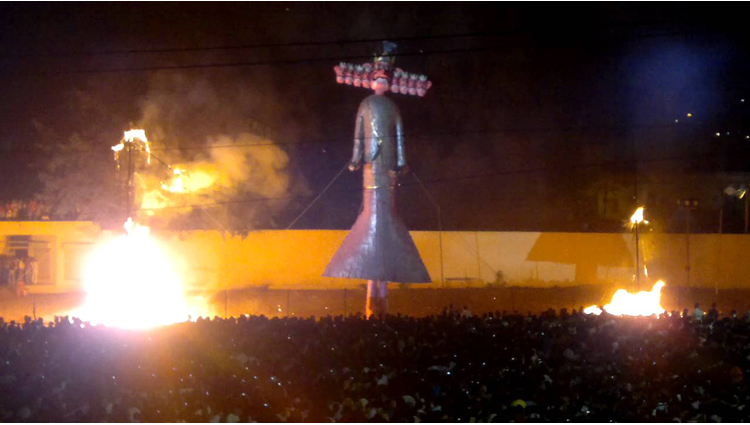
Jaswantnagar, Uttar Pradesh
Ravana is worshiped on the Dussehra day in Jaswantnagar of the state Uttar Pradesh. After Dussehra, Ravana is cut into pieces and on the thirteenth day, his therahwa is also kept by the people.
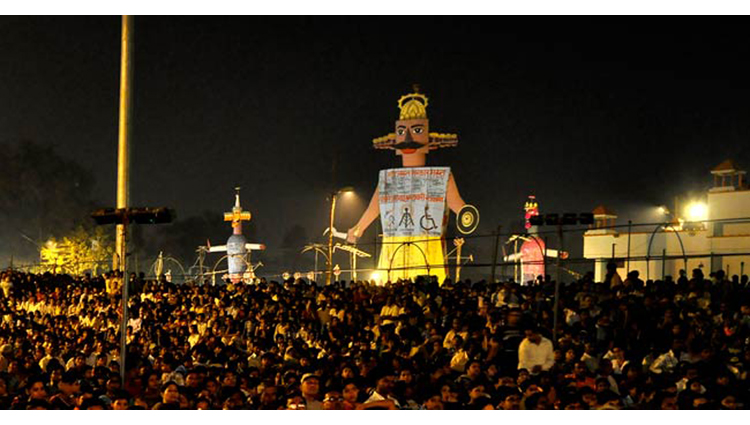
Amravati, Maharashtra
Tribal people worships Ravan in the village of Gadchiroli in Amravati on the day of Dussehra. These tribal communities regard Ravana as his deity.
ALSO READ:
7 Smallest Countries In The World That Needs No Means Of Transport To Roam
A School That Charges 20 Lakhs To Teach Etiquette
Records In Cricket Which Could Only Be Made By MS Dhoni





